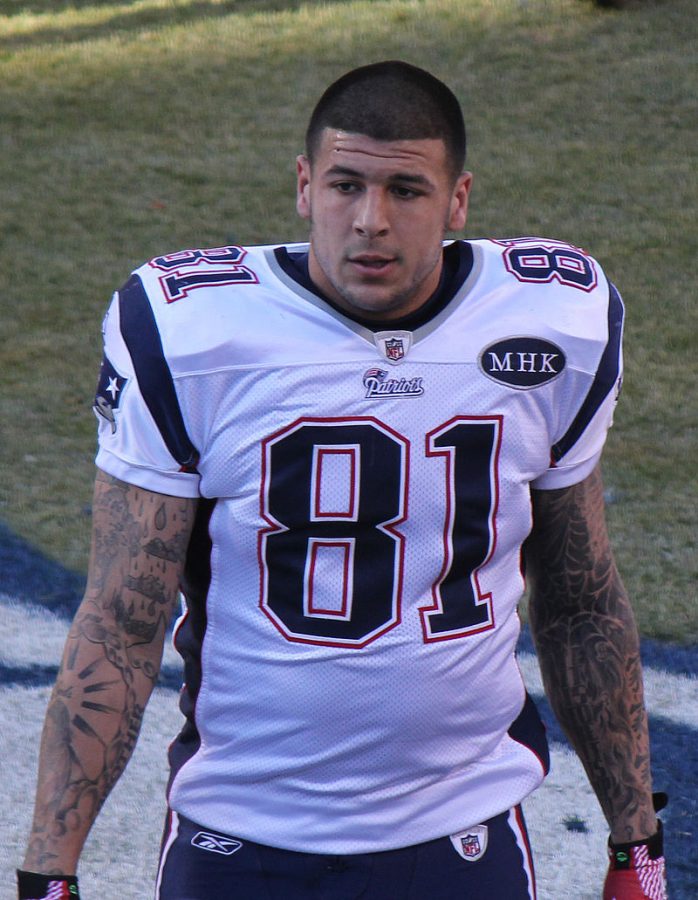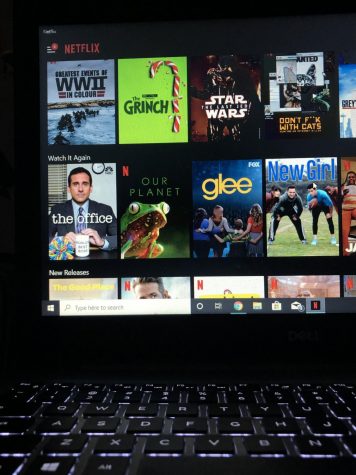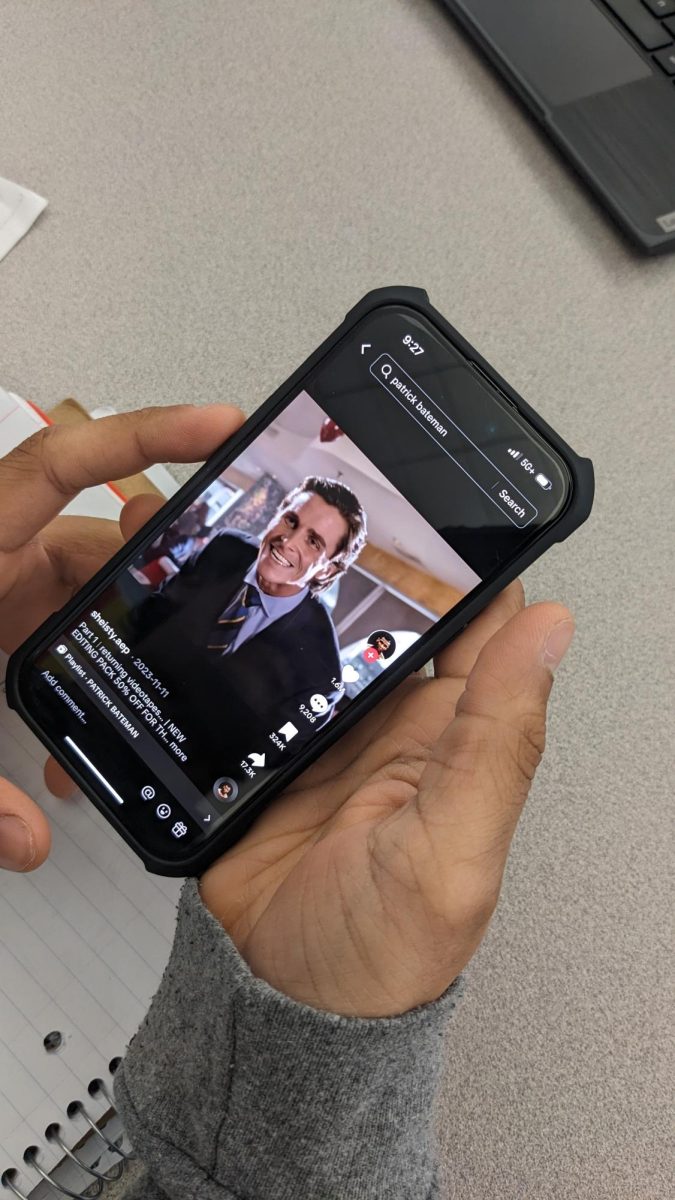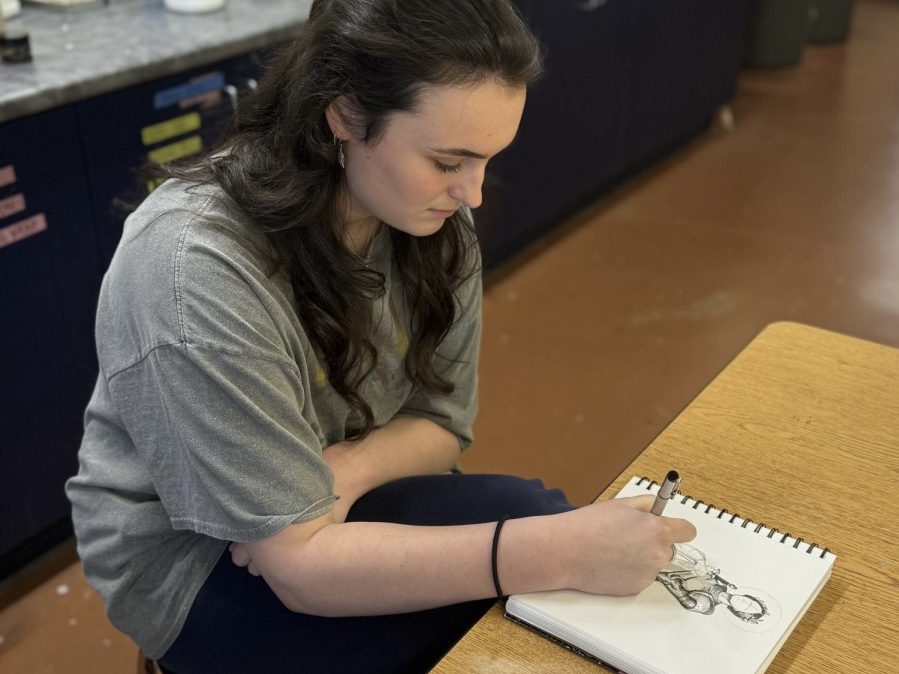Centered around the high profile murder of Odyn Loyd, “Killer inside: The Mind of Aaron Hernandez,” directed by Geno McDermott, depicts Aaron Hernandez’s seemingly complicated life before, during and after his murder charge. The series, which has already received many accolades, glorifies the former NFL tight end by showing him through a lens that conveniently excludes his murderous tendency.
The three part series was made up of various interviews, archived footage and phone calls between Hernandez and various friends and acquaintances. The documentary searched for the one thing consistently missing in the Hernandez trial: a motive. Through police reports and personal interviews, the best McDermott and his team could do was guess.
The opening scene of the documentary showed doting fans and family expressing the kindness that Hernandez had always possessed. While the player did have a charming image for many years, he was found guilty of a murder and narrowly escaped a second two charges. As the glorifying images were shown, kind hearted music was played in the background; this pleasant music and calm coloring gave the viewer a brighter view of the murderous Hernandez.
The pleasant music stopped when the series perfectly portrayed Hernandez’s sloppiness in committing the crime. While there was no motive, the scene, the videos and the associates made him cast off a guilty image. Loyd’s dead body was found less than a mile from Hernandez’s 7,500 sq. ft. mansion.
The close proximity of the location was damning enough; the camera trail sealed Hernandez’s fate. His personal home camera system showed him leaving his house along with two other men in a rental car. Cameras later showed the three men picking up Lloyd at his home, and several hours later, three men returning to Hernandez’s mansion, without Lloyd. The timeline alone was enough evidence to convict Hernandez in a court of law.
While the trial had plenty of evidence against Hernandez, with a high profile client, the jury needed to be convinced with a motive. There was only speculation by the documentary due to Hernandez never admitting to his crimes nor giving a hint of a motive. As the series tries to guide through the possible reasons a man who had it all would throw his career away, his mental state came into serious question.
Hernandez was known for his prosperous career as a New England Patriots tight end, and the intensity of the career was dissected through the series. The high intensity along with the “macho,” which is frankly toxic masculinity, attitude of the sport were considered as factors that could have added to Hernandez’s anger problem. The pressure to come off as “manly” while playing the sport could leave players with the constant need to establish dominance; the documentary touched on this idea through the several instances of Hernandez losing his temper at bars in Florida and Connecticut. While the sport could have factored into Hernandez’s anger, plenty of professional football players have gone through fruitful careers without assault charges, let alone a murder conviction.
After an appeal, Hernandez hanged himself in his jail cell; with the assumption from his note, he felt his child and fiancé would then benefit from his 4o million dollar contract with the Patriots. His autopsy revealed his severe case of Chronic Traumatic Encephalopathy (CTE). The condition results from repetitive trauma to the brain, commonly found in athletes. Especially as a professional football player, the condition was increasing at an alarming rate for Hernandez with a couple of his symptoms being aggravation and impulsive decision making.
The series used this to project how his CTE could have been a main factor in his violent tendencies, however several athletes have been affected by the condition and still not been convicted of murder.
Senior football player George Venzke believed CTE could have been a factor in his death however. “I don’t think it’s the reason he killed those people,” he said. As concussions are a frightening part of football, Venzke believed, “it doesn’t affect my desire to play because I love the game. I think I’m just more cautious because of it and try to play safe and avoid contact to the head,” he said.
Another main topic that was explored as possibly being apart of a motive was Hernandez’s sexuality. The series touched on football being a masculine sport; the pressure to not be gay could be overwhelming to an individual. The series featured a childhood friend of Hernandez who claimed they had an on and off relationship during high school where they experimented. However, Hernandez’s fiancée has been firm that she did not believe he was gay.
Rolling Stone journalist ELISABETH GARBER-PAUL reviewed the series stating that the show “[doesn’t] exactly answer these questions, but [does] provide plenty of insight.” While the series provided insight, the feeling of justification to his actions was more prevalent. However, Garber-Paul brought up the difficult challenge the series faced while presenting “different sides of a story, without the satisfaction of a conclusion.”
While the execution of the series did not match its title, had Hernandez not played football or grown up in the environment he did, would he still be in this position? Many questions remain, but the unsettling feeling of justification throughout the series weakened all potential of conversation.

















